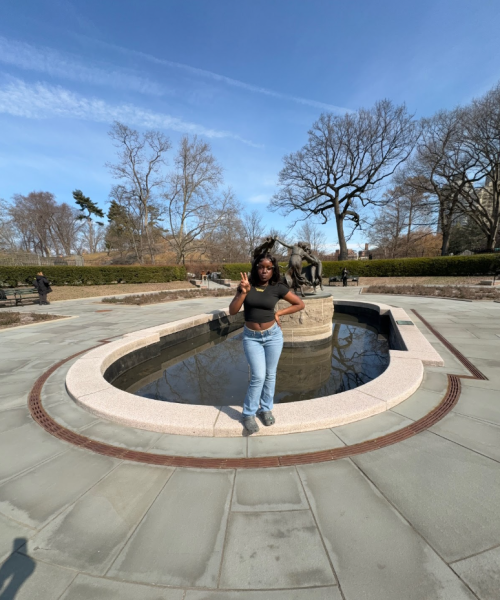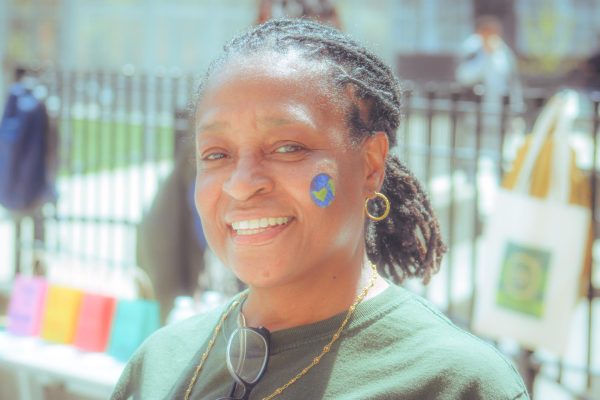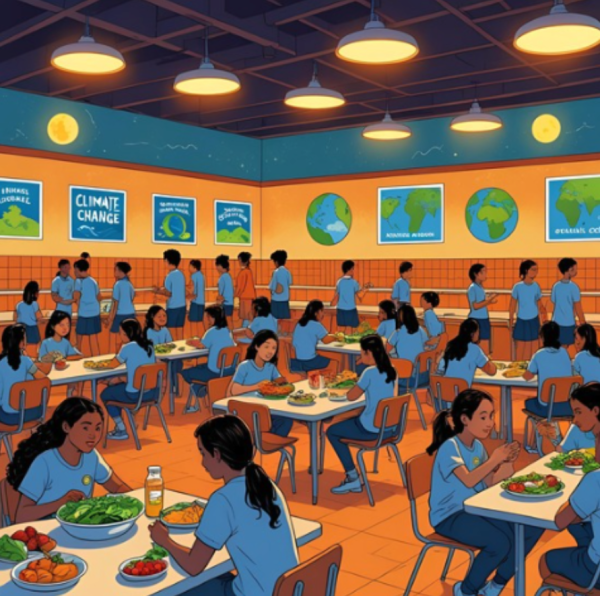Difference of Perspectives: We Are Much More Similar Than We Think.
We often find ourselves wistfully thinking: Gosh, I wish I didn’t have to work another day of my life. Or planning vacation days with your spouse, trying to find that one window where you can spend three days in the Bahamas. Or the pang of spite you feel when you see someone else effortlessly living the life you dream of, free from the constraints of deadlines, responsibilities, and emails.
But consider the other side—those who have nothing but time. The retired executive who wishes for the structure of a nine-to-five, the freelancer who craves the camaraderie of office life, or the lottery winner who realizes that endless leisure can be its own kind of burden—those who lack a purpose or goal to strive for.
The truth is, we all romanticize the lives of others while overlooking the shared human experience of it all. We assume that the grass is greener on the other side, but what we don’t realize is that our desires and struggles are more similar than we think. The overworked middle-class dreams of leisure, while the idle rich crave something meaningful, something to fill their lives. The world traveler hopes to find a place to call home, while the homebody dreams of adventures to embark on. The same tendency to idealize extends beyond personal lifestyles, it fuels political and social division.
Modern society is met with polarization, hatred, and anguish. Think about the whole Democrat and Republican debate. The diversity and abortion debacle, where both sides are so deeply sat on their own perspectives and what they believe is morally right. Consider this, a liberal advocates for policies that promote inclusivity in schools and workplaces, believing that they help create equal opportunities for marginalized communities. A conservative, on the other hand, might argue for more merit-based systems, believing that effort and results—your qualifications—are more important than who you are. At its core, both sides want the same thing: an equal and prosperous society where everyone has the chance to succeed. The disagreement lies in how they would go about achieving such fairness.
This is where classical conditioning comes into play—our behaviors, our actions, and the environment we grew up in. We are not as free, or independent thinkers as you might have thought. Our ideas and beliefs are formed based on our surroundings. If your family was conservative you would’ve grown up with traditional values. If your family was rich you would grow up more knowledgeable, educated, and better fed.
In some ways, hatred is good; it drives change, it confronts the uncomfortable truths about our society. But take time to consider the latter, they are still your neighbors, pastors, and friends. The people we disagree with are not so different from us; they, too, are shaped by their experiences, just as we are by ours. If we take a step back, maybe we will see those differences and come to understand them, coexist with them, and hopefully educate each other.

Willie is a senior at BASE, as the one of the two editors of the Cardinal Express you can often find him suspiciously peeking at others' works. Described...




















